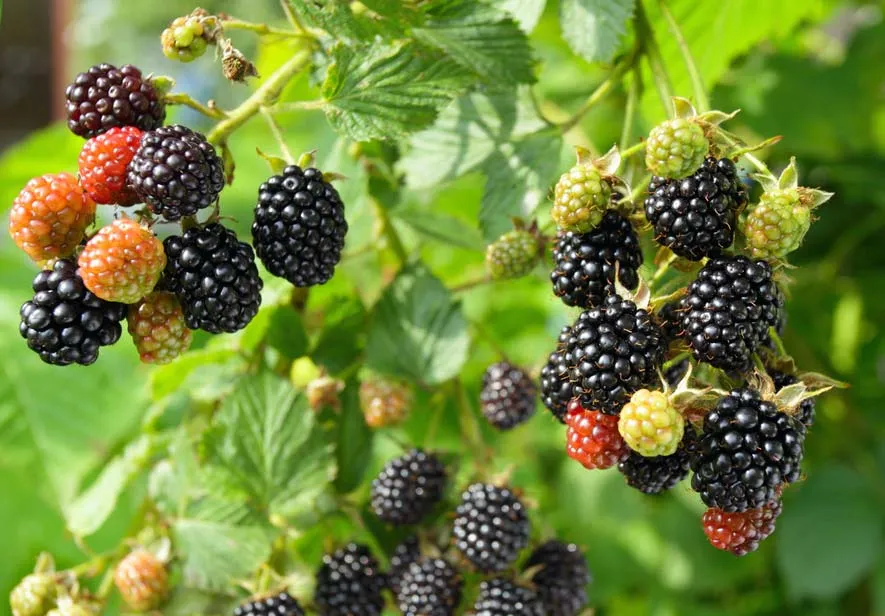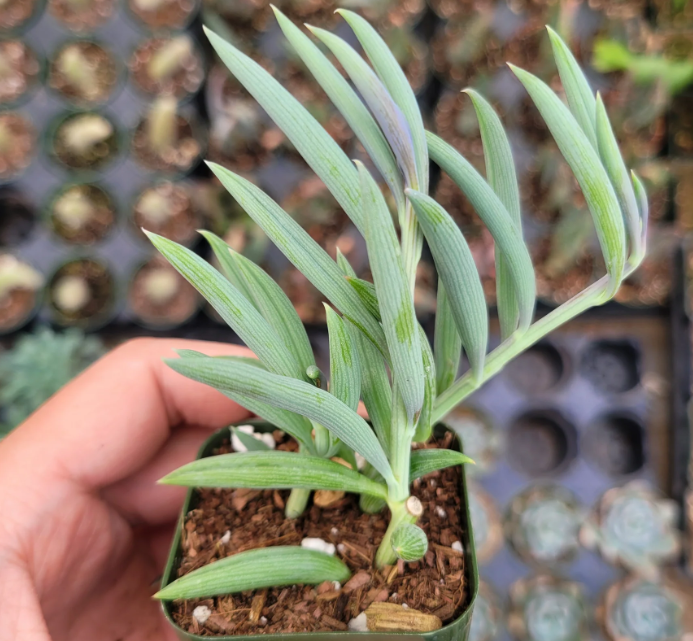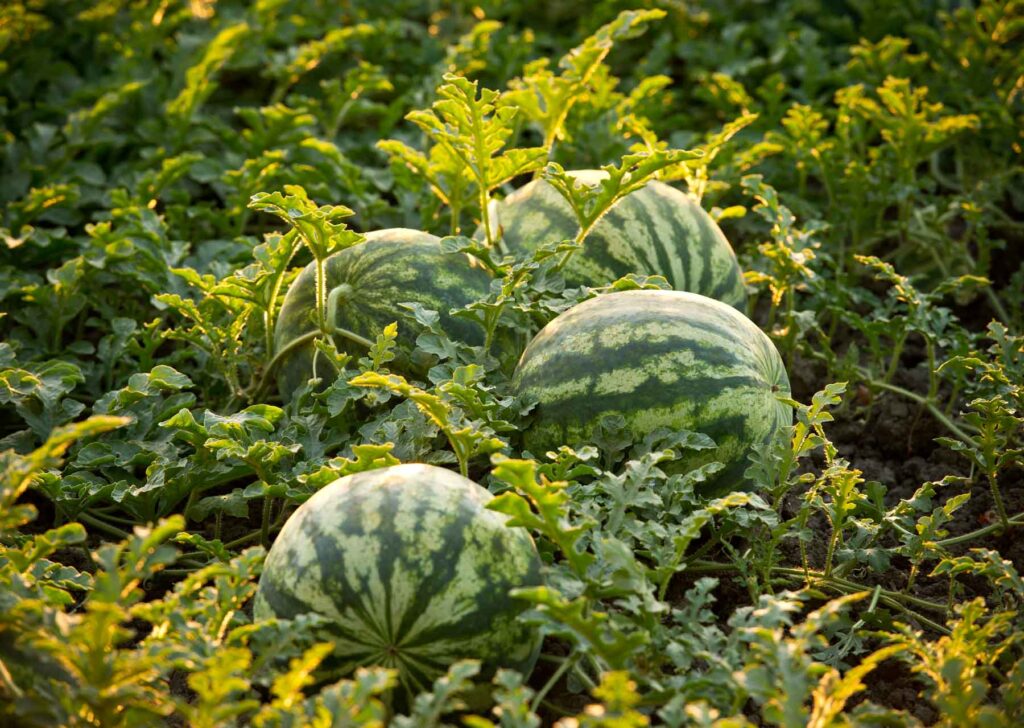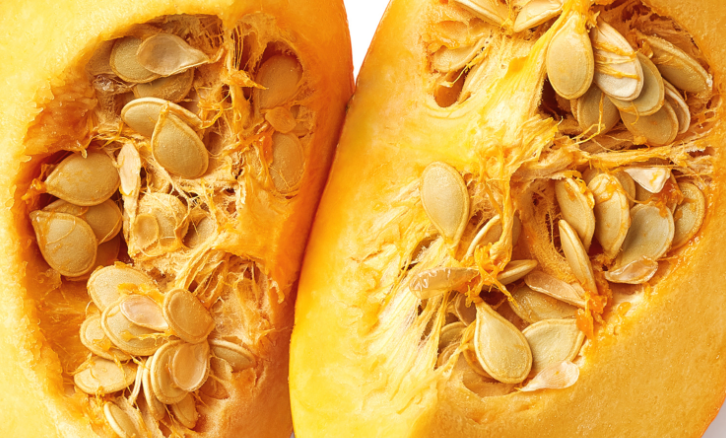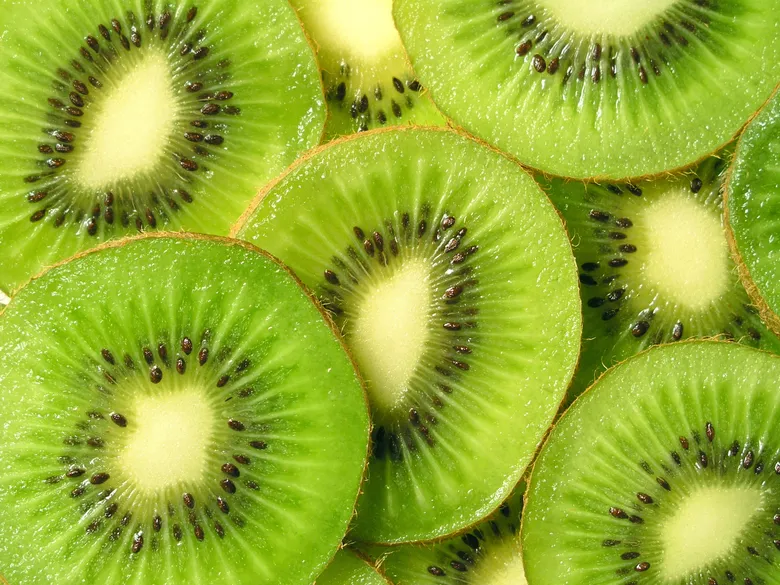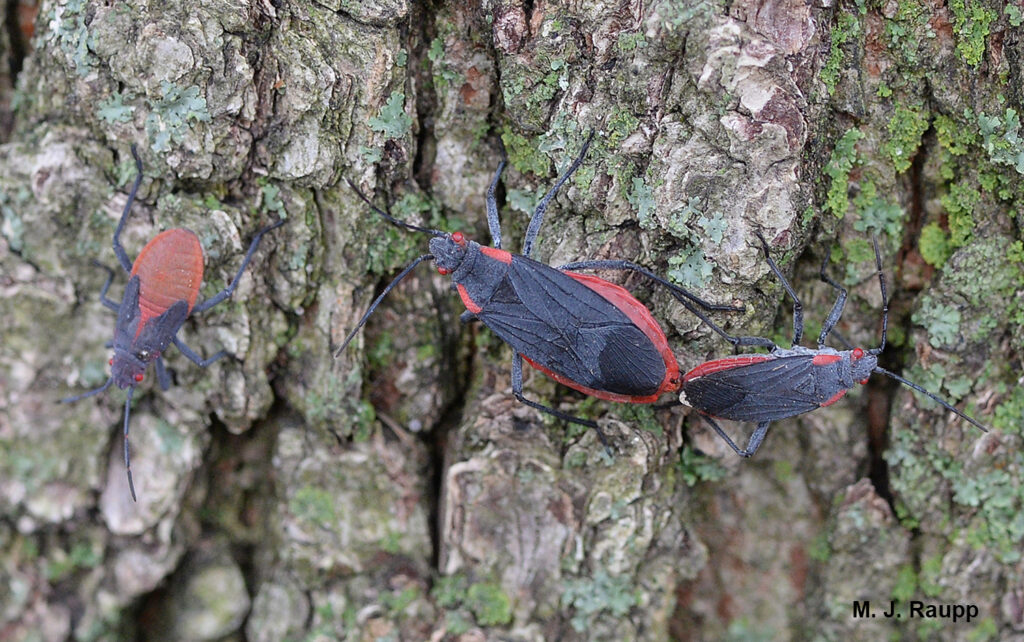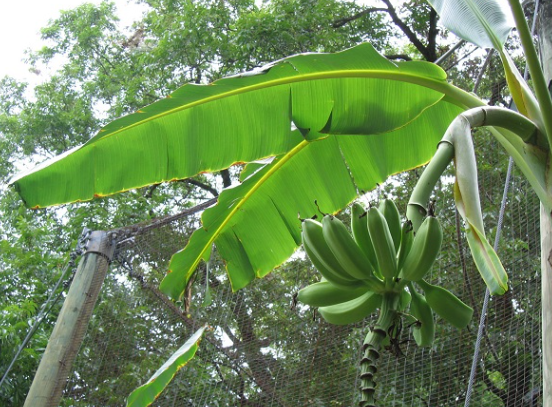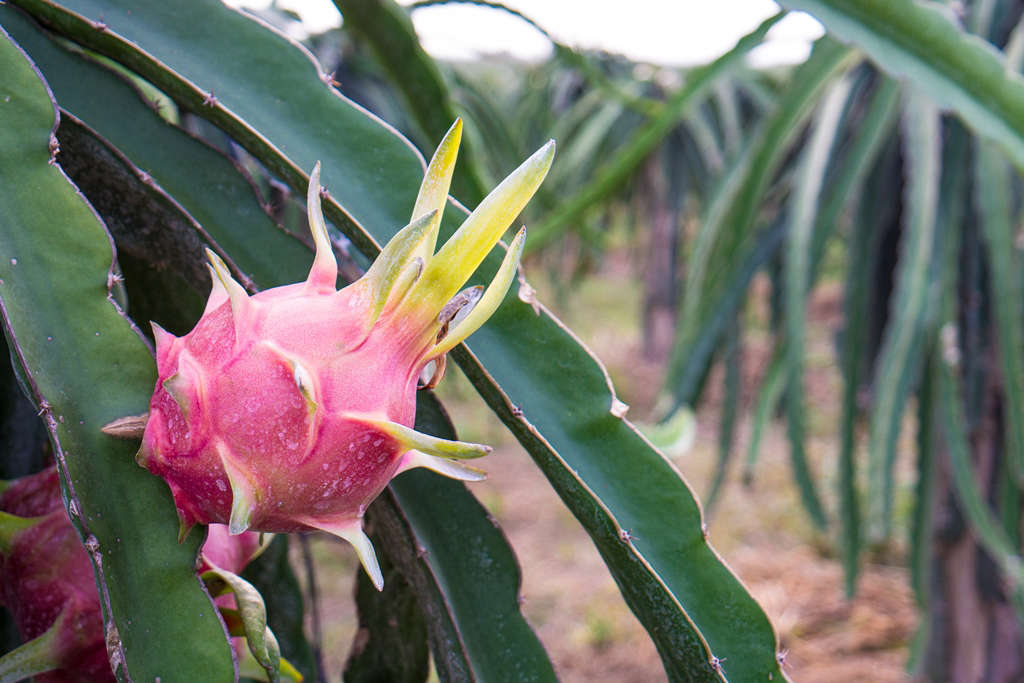Who doesn’t love the sweet taste of watermelons in the summertime? If you’re planning to grow these juicy fruits in your garden, you’re in for a fun time. But to get the best watermelons, you need to feed them right. That’s why we’re here to talk about the best fertilizers for your watermelons. This guide will help you pick the right stuff to make your watermelons big, sweet, and super tasty.
For a great crop of watermelons, they need food – just like we do. Fertilizers have the vitamins and minerals that watermelons need to grow healthy and delicious. We’ll look into which fertilizers work best so you can grow amazing watermelons that everyone will love.
Table of Contents
Why Do Watermelons Need Fertilizer?
Fertilizers are packed with nutrients that help plants grow well and make fruits. Watermelons especially need a good mix of the big nutrients – nitrogen (N), phosphorus (P), and potassium (K) – as well as some smaller ones. Let’s dive into why these nutrients are so important.
Nitrogen: The Leaf and Stem Booster
Nitrogen helps watermelon plants get big and leafy. It’s like the engine for photosynthesis, which is how plants make their food. When plants have enough nitrogen, they can grow strong vines and leaves that are super important for making great fruit.
Phosphorus: The Fruit-Maker
Phosphorus comes in when it’s time for watermelons to make fruit. It helps the plants build strong roots, make flowers, and it even helps the fruits ripen. If you want your watermelons to be large and extra flavorful, they need phosphorus.
Potassium: The Quality and Health Nutrient
Potassium is super important too. It helps watermelons drink water, fight off diseases, and makes the fruit taste better and last longer. It also keeps the plant healthy so it can handle tough situations like not enough water or dealing with bugs.
What is NPK?
When you’re shopping for fertilizers, you’ll see numbers like 10-10-10 or 5-10-5. This is the NPK ratio, and it tells you how much nitrogen, phosphorous, and potassium are in the fertilizer. Picking the right ratio is important because it ensures your watermelon plants get what they need when they need it.
The Best Choices of Fertilizer for Watermelons
There are lots of different fertilizers out there, and they all have different benefits. Here are the best picks for watermelon plants:
- All-Purpose Fertilizers: These have a balanced NPK like 10-10-10 or 20-20-20, and they’re good for the whole life of your watermelon plants. They make sure your plants get all the nutrients they need. Just follow what the package says on how to use them.
- Slow-Release Fertilizers: These types slowly give out nutrients over time, so the plants get a steady diet and you don’t have to worry too much about feeding them the wrong amount. Find ones made for fruiting plants and use them as the label says.
- Organic Fertilizers: If you like natural gardening, go for organic fertilizers. They come from natural stuff like plants and animal waste. They help the soil stay healthy, and they release nutrients slowly. You can use compost, old animal poop, or fertilizers that say they’re organic.
- Liquid Fertilizers: These give a quick food boost to watermelon plants. They soak into the roots and leaves fast and help the plants grow and make fruits sooner. They’re great to use combined with the other fertilizers for a nice balance.
How to Fertilize Watermelons Right
To get the most out of your fertilizers and help your watermelon plants grow the best, try these tips:
- Test Your Soil: Check what’s already in your soil and its pH level. This will tell you what kind of fertilizer to use and if you need to fix the soil a bit.
- Timing: Feed your plants at the best time for what they need. Start a couple of weeks after you plant them or when the little plants look strong.
- Don’t Overdo It: Don’t put too much fertilizer too close together. Follow the package to see how often you should use it.
- Water Well: After you put the fertilizer down, give your plants a good drink of water. This helps spread the nutrients and protects the roots from getting burnt by the fertilizer.
- Use Mulch: Covering the ground with mulch keeps the soil wet, stops weeds, and keeps the soil from getting too hot or too cold. Organic stuff like straw or tree bark even breaks down and feeds the soil.
Conclusion
Getting the right fertilizer for your watermelons can really make a difference in how they grow and taste. You need to think about what watermelons need at different times and choose fertilizers that give them the right balance of nutrients.
Remember to test your soil, pick the right time to feed your plants, use the right amount, keep the plants watered, and mulch the soil. If you do all this, you should have plenty of big, sweet watermelons to enjoy.
Enjoy your gardening!
